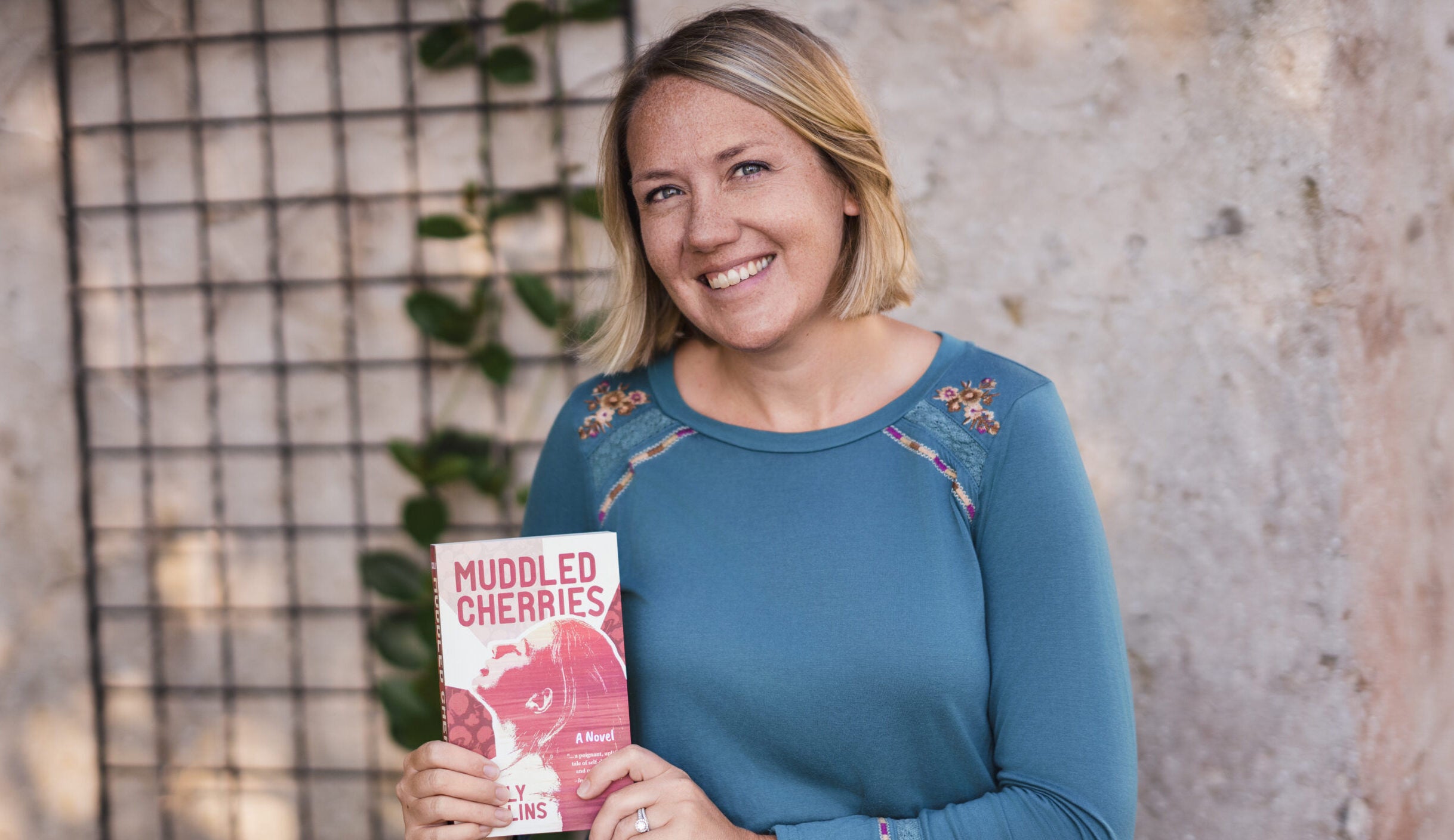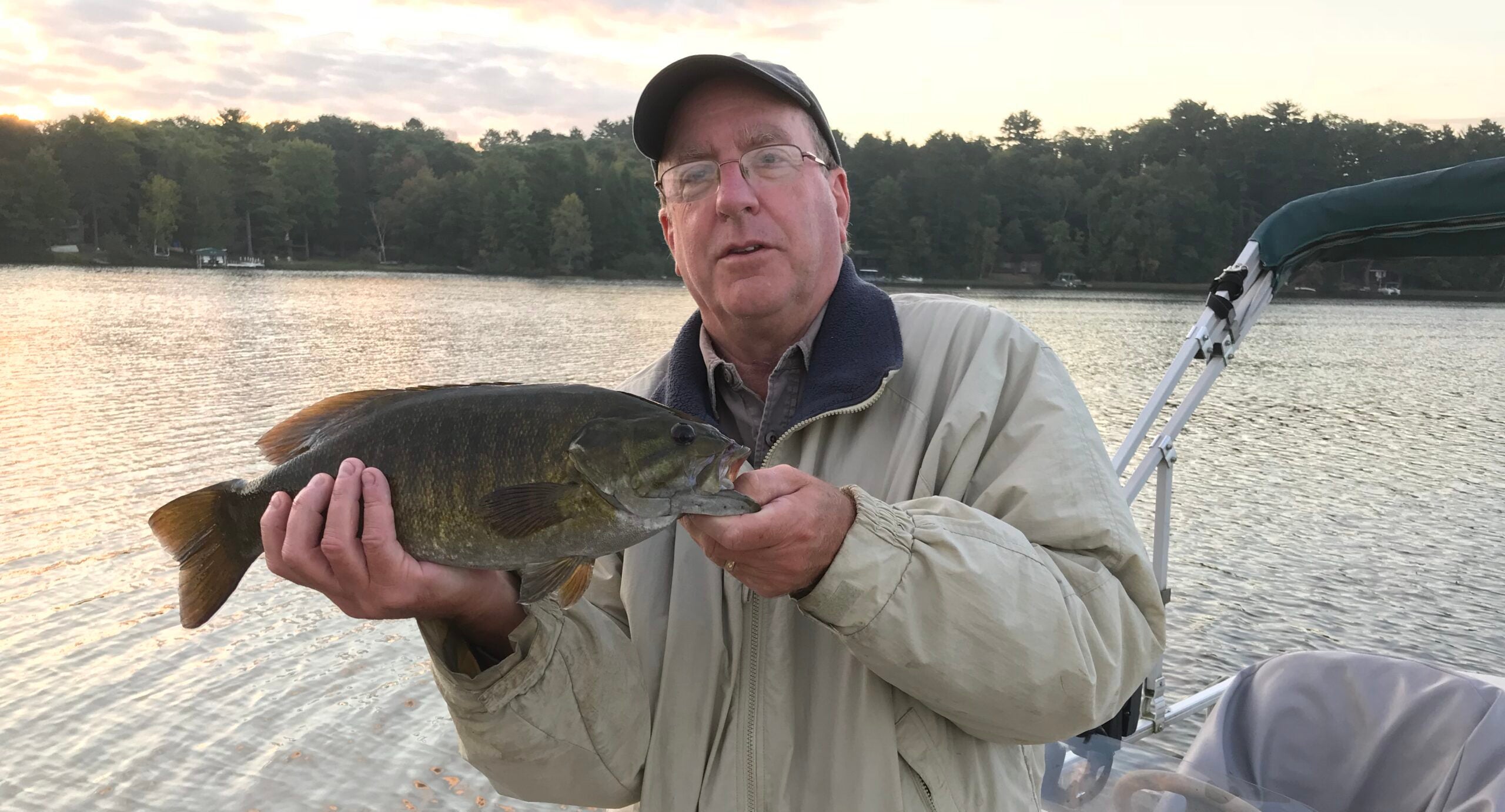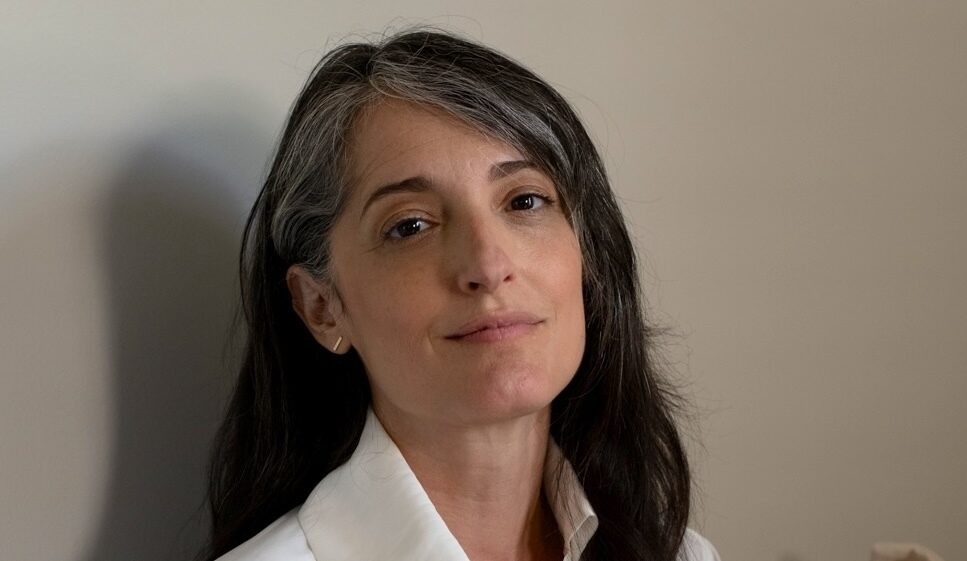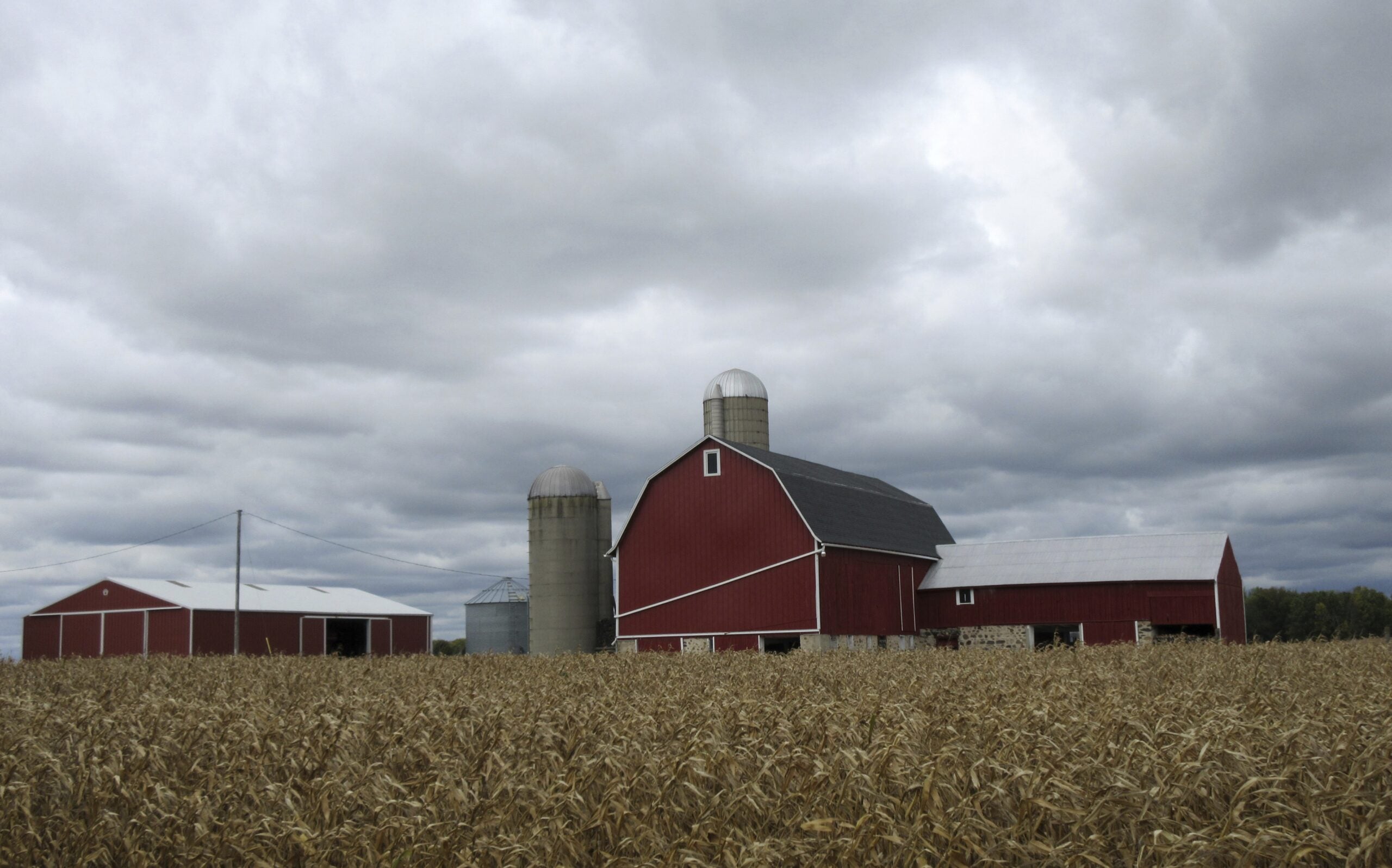Editor’s note: This story contains language and descriptions surrounding sexual assault.
Growing up, author Sally Collins was an avid reader.
“I was really into ‘Lord of the Rings’ and C.S. Lewis,” Collins said in a recent interview with WPR’s “Wisconsin Today.” “But I just wasn’t really seeing Wisconsin represented in fiction or in the stories that I loved.”
Stay informed on the latest news
Sign up for WPR’s email newsletter.
It wasn’t until college that Collins discovered authors like Michael Perry, whose book “Population 485,” which is set in the Chippewa Valley where Collins went to high school, helped her realize she can make a career writing about the state she loves.
“It seemed so surreal that he could just write about his small town of Wisconsin,” Collins said. “I don’t have to look far in a way to write a compelling story. I can look right inside me, and that was so freeing.”
Collins’ debut novel, “Muddled Cherries,” takes place in 2009 in Door County. It follows 20-year-old Emily Schmidt as she reckons with her past and struggles with choices she must make to start the next phase of her life.
The book isn’t all nostalgia.
“This is a complicated love letter to Wisconsin,” Collins said. “I’m a very proud Wisconsinite, but to authentically tell this story, I couldn’t have rose-colored glasses on.”
In the interview, Collins explored how the book parallels her experiences and how she hopes other Wisconsinites can relate to them.
The following was edited for clarity and brevity.
Rob Ferrett: Can you talk a little bit about showing both the good and the not-so-good things about life in Wisconsin?
Sally Collins: Definitely. I feel so grateful for Wisconsin. It’s given me so much. As much as I wanted to celebrate our culture and its people, I wanted to give it dignity and humanity. I had to thread in the themes of alcoholism, codependency, sexual harassment and sexual assault.
The book takes place in 2009, pre-#MeToo movement. There was a lot to look at about how we dealt with sexual abuse, sexual assault and sexual harassment. It felt like it just permeated all the spaces I existed in while growing up: high school, my youth group, with employers, with friends’ fathers. It was just so casually a part of our lives. We were led to believe we needed to tolerate it, and that it was OK.
RF: As a man living in that era, rationally, I knew this was going on, but I didn’t really know it. Can you talk about why it was important for you to put out there that this is a common experience for women?
SC: Like most women, I’ve been threatened, harassed, stalked and assaulted. I didn’t know who to go to, where to go, if these feelings were valid or if I was to blame. When you’re not seeing consequences for men who behave that way or treat women that way, you’re not going to seek out help. So my reaction was to be silent, to make people comfortable.
But then as the years went on, I realized I was not OK. Those experiences were always lingering in the back of my mind. It really affected me, and I was seeking out ways to feel better. And it just was not working. Even once I was married and had a child and a home, I was still plagued with nightmares. I was still riddled with this shame, guilt and fear, and I needed to get that out. I need to try to help others know that they’re not alone, that these feelings are valid and that you matter.
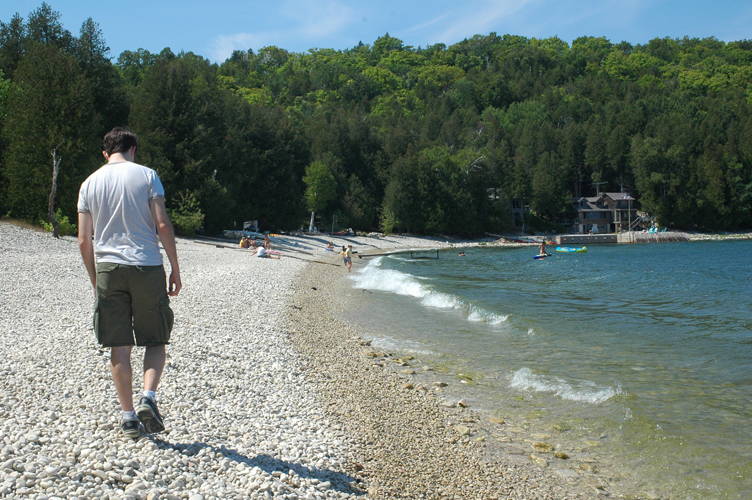
RF: Talk a little bit about how your experiences living in Door County helped shape the book.
SC: I really wanted to celebrate this county. It’s so special to me. I wanted to give Emily the same experiences that I had, and to have her meet people similar to who I met.
It’s a little bit of a hero’s journey where she’s got to go meet all these people who are teaching her things about herself and exposing her to different ways of life. I wanted to give her the chance to go sailing, to dance at Pebble Beach and to really delight in the beauty of this county.
RF: What would you say to aspiring writers who want to write about Wisconsin?
SC: I would encourage you, if you’re feeling a little stuck, go to a public place and just listen and write down what you’re hearing. I have so many conversations in the novel that I think I took pretty much verbatim from bar patrons or my grandpa or my friends. They were such a joy to put in because they were so authentic and real. Not in a pointing and laughing way, but in a beautiful way.
Wisconsin Public Radio, © Copyright 2025, Board of Regents of the University of Wisconsin System and Wisconsin Educational Communications Board.

